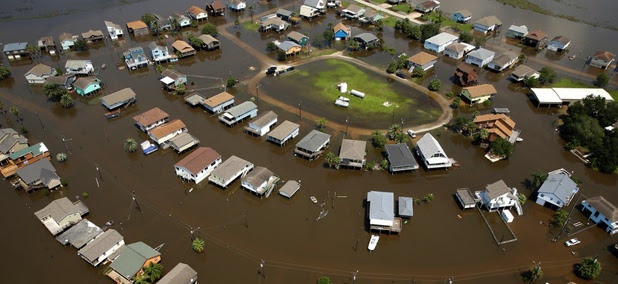On this President's Day here in the United States, Our team choose a selection of coverage on the US Domestic Scene especially in the aftermath of the Tragedy in Florida and the Mueller Indictments.:
| Bill and Melinda Gates, who run the largest philanthropy in the world, published their annual letter this morning, and it exudes the optimism that Bill expressed when he guest-edited TIME magazine last month. In the letter, the two also make a good faith effort to answer what they say are the 10 toughest questions they get asked about their philanthropy. One that caught my attention was this: Why do you work with corporations? Is that a “tough question”? This gets back to the New York Times column I cited yesterday, which disparaged business efforts to address what have traditionally been public sector issues—like fixing the health care system, exploring space, or providing general education and training. I talked with Melinda a few days ago, and she provided some insight. “Bill and I think the private sector is vital in the equation” of addressing social problems. “We always try to have in the back of our mind: What’s the role of government, NGOs, philanthropy, the private sector?” The private sector, she says, is growing in importance. “Things are shifting. Perceptions are shifting. Companies are being pushed by their millennial workforce, which is asking them to do these things… It’s not just CSR anymore. Companies want to do the right thing for their employees and their customers.” In their letter, the Gates mentioned working with GSK, Johnson & Johnsonand Monsanto on various initiatives. In our conversation, Melinda cited work the foundation is doing with Merck and Bayer on reproductive health. “We have more and more companies approaching us, and approaching us with good ideas.” Is there a limit to the private sector’s ability to address such problems? Of course. “They aren’t very good at reaching the bottom billion,” Melinda says. But that still leaves plenty of scope for constructive action. |
| ||||||
|

No comments:
Post a Comment